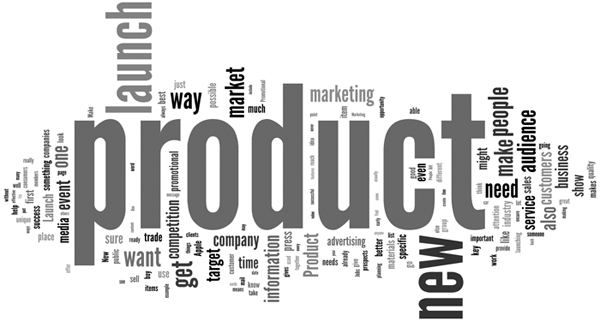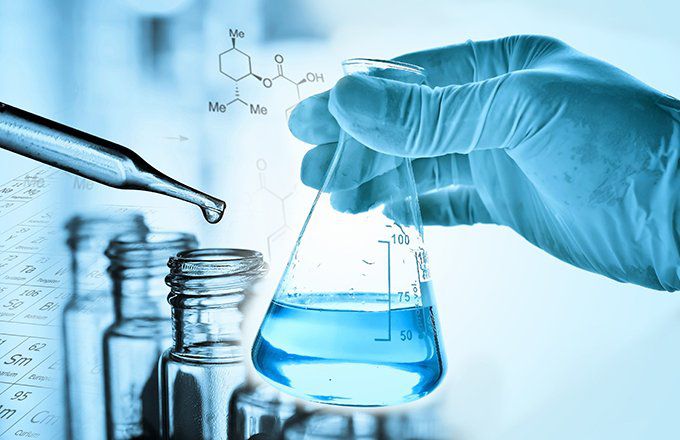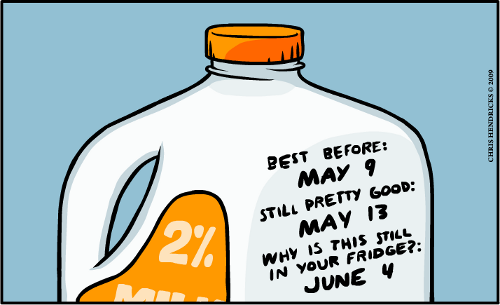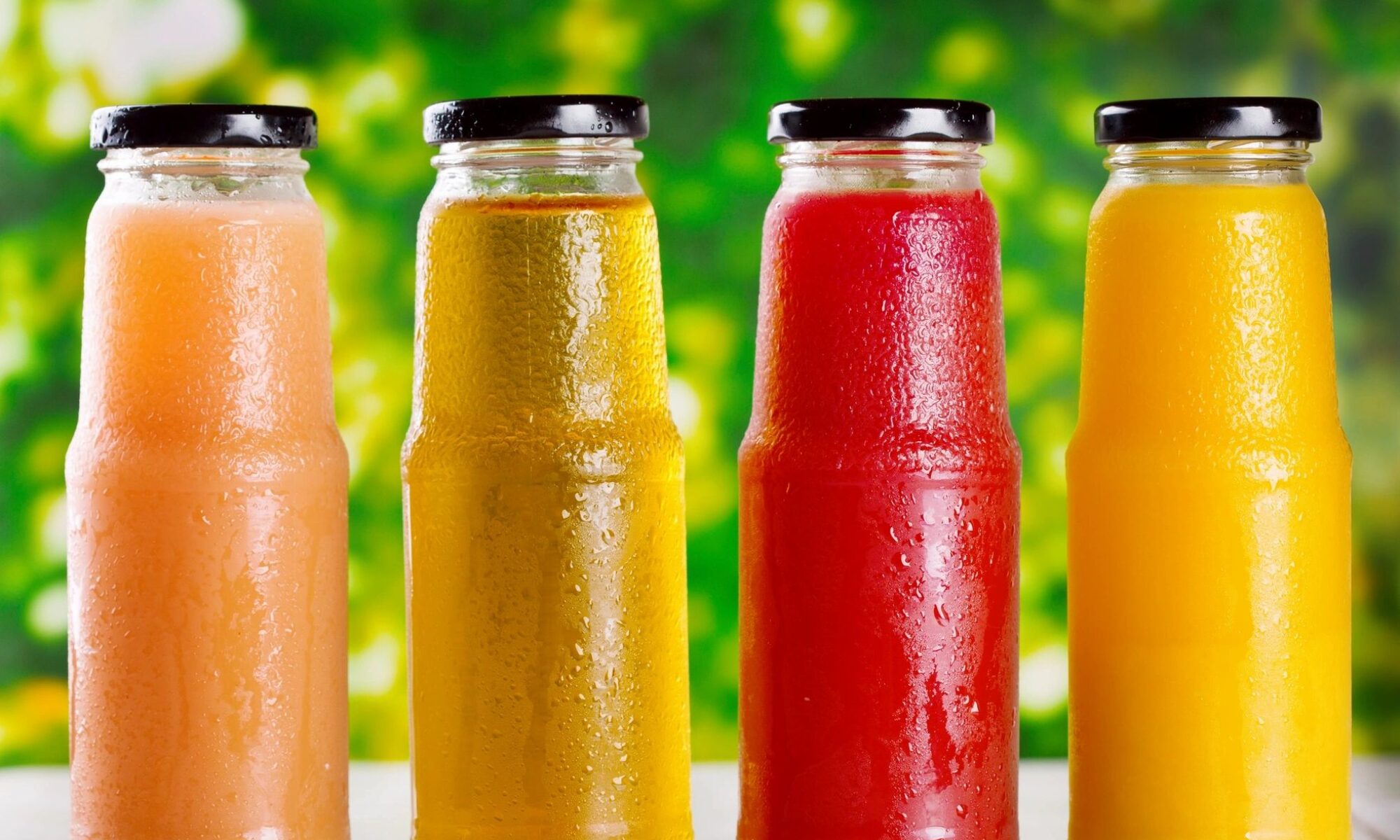
I started writing an article showing the steps and timeline for creating a new food and beverage brand. I wrote more than I expected so I decided to post the article in bite size pieces here on a bi-weekly basis.
The pandemic, amongst other things, has caused many entrepreneurs to pause and re-think their strategy. Many entrepreneurs who have great new food and beverage ideas are waiting to see what happens. I can say, that is a very bad strategy for entrepreneurs because while they wait, others will be moving forward and will be the first to gain shelf space when the country goes back to our new normal.
Let’s look at a typical timeline for a new food or beverage item. For arguments sake, let say you already have an idea in your head. What do you do next?
Research and Development

Let’s start with research and development. You might be able to create your product in your kitchen today but it will be much difficult once you move to the production phase. For a very basic example, let’s say you are using Heinz ketchup as an ingredient. If you were to order Heinz ketchup in a 50-gallon drum, the minimum size you can usually order for a production run, it would be very expensive. Depending on how much you use, Heinz Ketchup may make your product too expensive to sell or too expensive to make a profit. Heinz ketchup has a certain taste profile. When you move into production you will most probably need to buy a less expensive but high-quality ketchup. Where do you go for that? How do you sample the different types of ketchup being sold in bulk? Will the manufactures send you free samples if you are a startup?
This all leads up to you probably should hire a person or company, like Parkside Beverage, Beyond Brands, or Metabrand amongst other reputable firms. Get your recipe or formula done right the first time. In the grand scheme of things their fees are not a lot of money and you need to get it right the first time. Re-formulating takes time and money.
I have been on the floor of production facilities with clients who created their own recipes and were trying to adjust the formula on a fly. It was a disaster. I remember one time being on the production line when someone’s formula would not work because the ingredients were too thick and they were clogging the filters. That costs a lot of money. The client had to pay for the entire day of production even though he/she was never actually able to produce their product. My advice, stick with the professionals and they will save you a lot of money in the long run.
Now let’s look at the timing and timeline. Formulation companies aren’t waiting for new entrepreneurs to contact them. Even during these Covid 19 times, reputable formulation companies are still busy. They point is you can’t just pick up the phone and expect them to get started immediately. It might take two weeks until they can accept your business. It might take them time to order special ingredients.
Once they create the first batch of samples for you, and I am sure this will not be the last batch of samples, and you consider the time it takes for them to mail you the samples, and the time it takes for you to review the samples and send comments back to the formulator, and they eventually finalize the formula, consider 4 more weeks go by.
Now you have your formula. Great start. Do you want it to be GMO free? Organic? Kosher? These processes take time and someone has to fill out all the paperwork and get all the information for the certifier. My last go around with a GMO-Free certifier took 6 months because they are backed up. However, let’s say it takes 3 months. However, assume you can work on other parts of your product during that time period.
Shelf Testing

Let’s consider the next step being Shelf Testing. Before you produce your product, you want to know what happens to your product after being exposed to different levels of heat, cold, light, etc. Are any bacteria growing? What about yeast, pH, mold, salmonella, E. Coli, listeria, staph, aureus etc.? How long will your product be on the shelf before the color or taste or aroma begin to change? And this isn’t just a “nice to have”. Retailers and Distributors may request to see the shelf life test results.
According to RL Food Testing Lab, Product Safety Testing will take different times depending on the type of item you are testing.
Here are a few examples:
- Beef Jerky 9 months – 1 year
- BBQ Sauces 4 months – 6 months
- Pasteurized Dairy Products: 3 weeks
- Raw Juices 5 days
- Cakes, Cookies & Other Bakery Goods WITH preservatives 30 days
- Salsa 3 months – 4 months
But now, you need to test for shelf life. How long will your product last before going bad or before losing taste, aroma or even color?
The rule of thumb regarding shelf life testing, depending on the product, is that a product needs 1 week of testing for every month of shelf life you are looking for. But, that timeline may be a little bit over cautious. For the sake of this article, let’s say it takes you 90-120 days until you get your test results.
Cascadia Managing Brands is a strategy, brand management and sales execution firm that helps startups succeed. In this bi-weekly series Bill Sipper, Managing partner, shares his insights on:
Product Formulation
Certifications & Testing
Future articles will discuss:
Brand Positioning and Logo and Label Development
Intellectual Property and FDA Compliance
Point of Sale Material and Presentation
Liability Insurance
Distribution Strategy
Sales Execution
Overall Timeline
